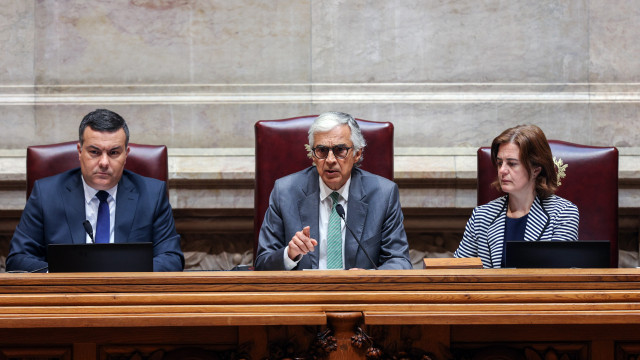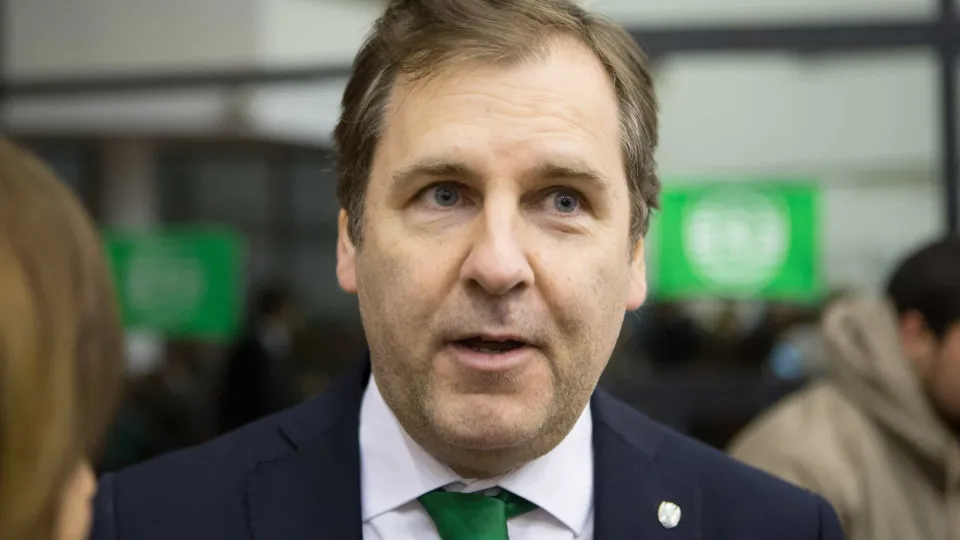
The Belgian Minister of Culture, Elisabeth Degryse, expressed her attentiveness to potential decisions by the board of RTBF, Belgium’s public broadcaster, to follow the actions of its Spanish and Dutch counterparts regarding the Eurovision Song Contest. “I will, of course, be very attentive to the decision of the RTBF board, should it take a similar stance as its Spanish and Dutch counterparts. It would be a strong and coherent gesture in line with actions adopted against Russia,” Degryse stated in a written response read in the Belgian parliament by a colleague, since the minister was traveling.
The remarks from Minister Degryse were in response to a question from a socialist deputy concerning the decisions by Spain and the Netherlands to boycott the Eurovision Song Contest in 2026, should Israel participate.
Degryse noted that such decisions do not fall under the government’s mandate or RTBF’s directives and are to be considered at the European Broadcasting Union (EBU) meeting scheduled for early November.
The EBU members will convene to discuss Israel’s participation in the Eurovision Song Contest following appeals from several European countries for a boycott.
The EBU is the foremost global alliance of public service media and organizes the annual Eurovision Song Contest.
Slovenia, Spain, Ireland, Iceland, and the Netherlands have announced they will not participate in the competition slated to be held in Vienna in May 2026, if Israel is allowed to compete.
On September 16, the board of the Spanish broadcaster RTVE approved a boycott of the next edition by “absolute majority” if Israel competes.
Spain is the first country among the ‘Big 5’ to announce this boycott. The ‘Big 5’—Spain, United Kingdom, France, Germany, and Italy—are the major contributors to the organization, with automatic entries to the finals in each edition.
In the Netherlands, public broadcaster Avrotros justified the decision by citing “serious violations of press freedom” by Israel in Gaza.
Avrotros further accused Israel of “proven interference during the last edition, involving political manipulation of the event,” referencing the second-place finish by Israeli singer Yuval Raphael through tele-voting in this year’s contest.
The boycotts are due to Israel’s military actions in the Palestinian territory of Gaza over the last two years, described as genocide by an independent international investigation commission of the United Nations.
As boycott intentions were revealed, Eurovision Song Contest Director Martin Green told AFP that each EBU member has the freedom to decide on participation, and that decision will be respected.
The Eurovision Song Contest, organized by the EBU since 1950 in cooperation with public broadcasters from over 35 countries, including Portugal’s RTP, has run annually since 1956, with past exclusions including Belarus in 2021 and Russia in 2022 due to political circumstances.
Israel, the first non-European country allowed to participate in 1973, has won four times.
In this year’s May edition in Basel, Switzerland, Israel’s participation faced opposition from past contest artists and countries like Spain and Finland.
Israel’s chosen representative, Yuval Raphael, is a survivor of the October 7, 2023, attack by Hamas on Israeli soil, which resulted in approximately 1,200 deaths and over two hundred hostages, sparking Israel’s current military offensive in Gaza.
Since then, over 65,000 people, mostly civilians, have died in Gaza, according to figures from local authorities controlled by Hamas, which the UN considers credible.




